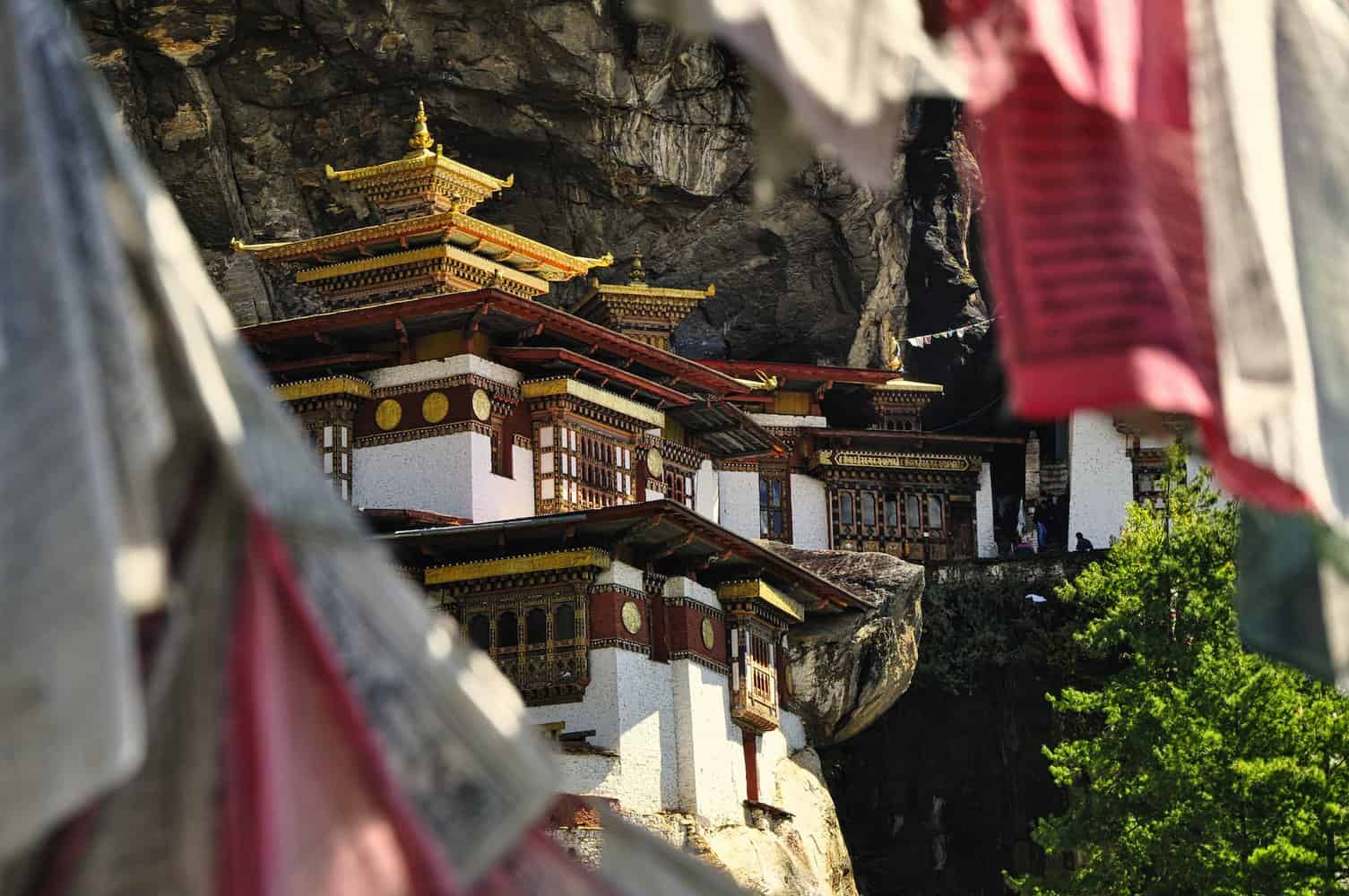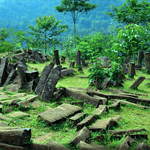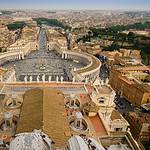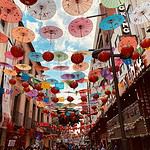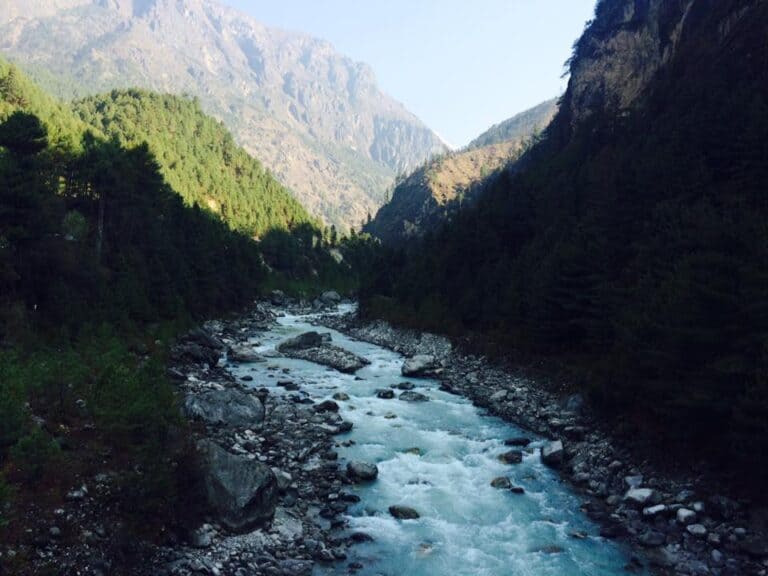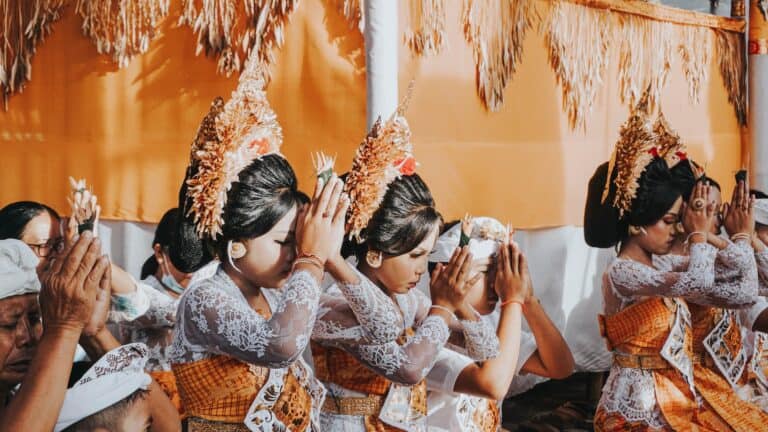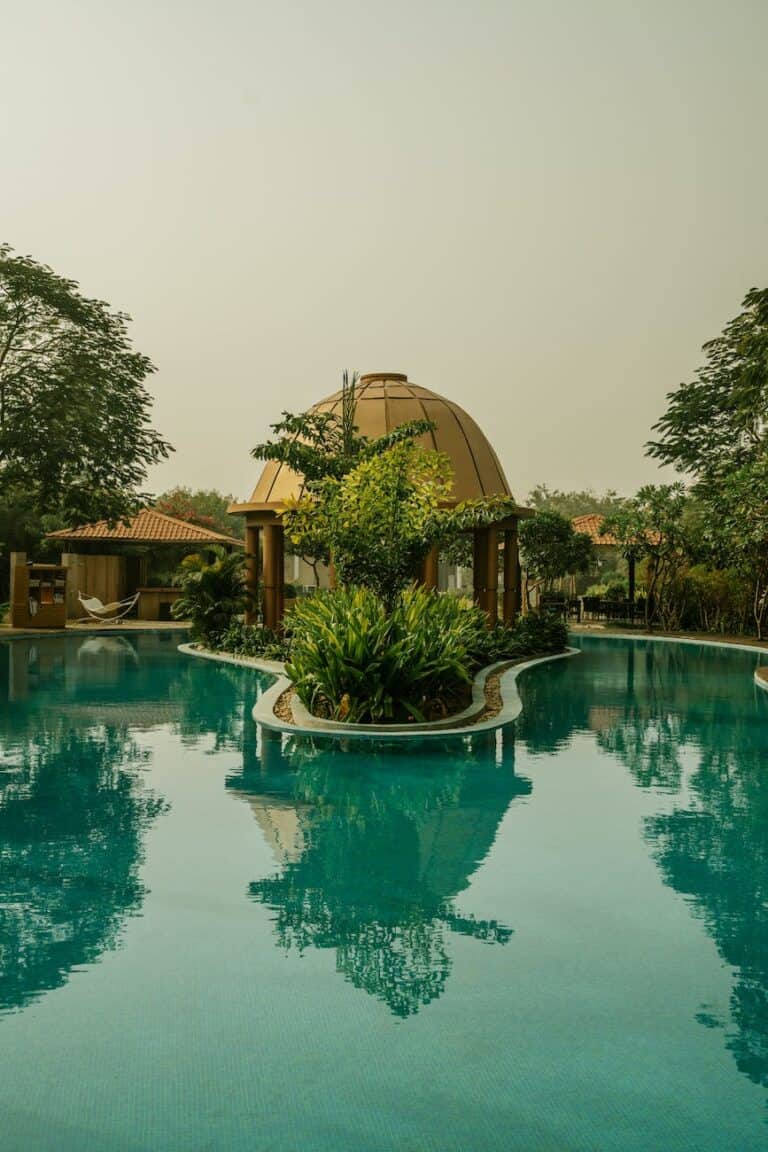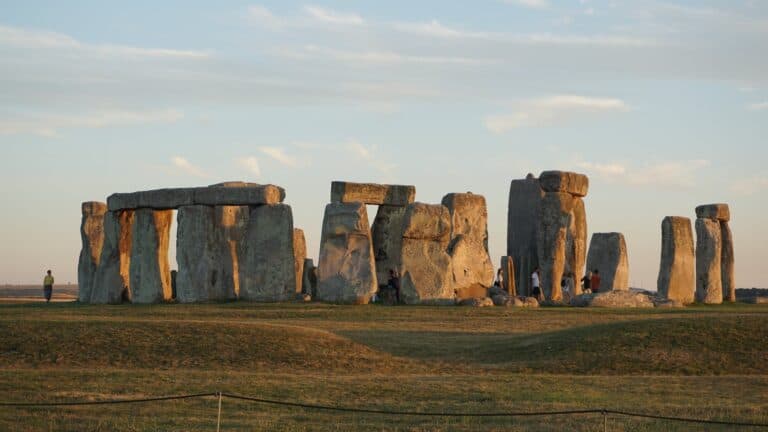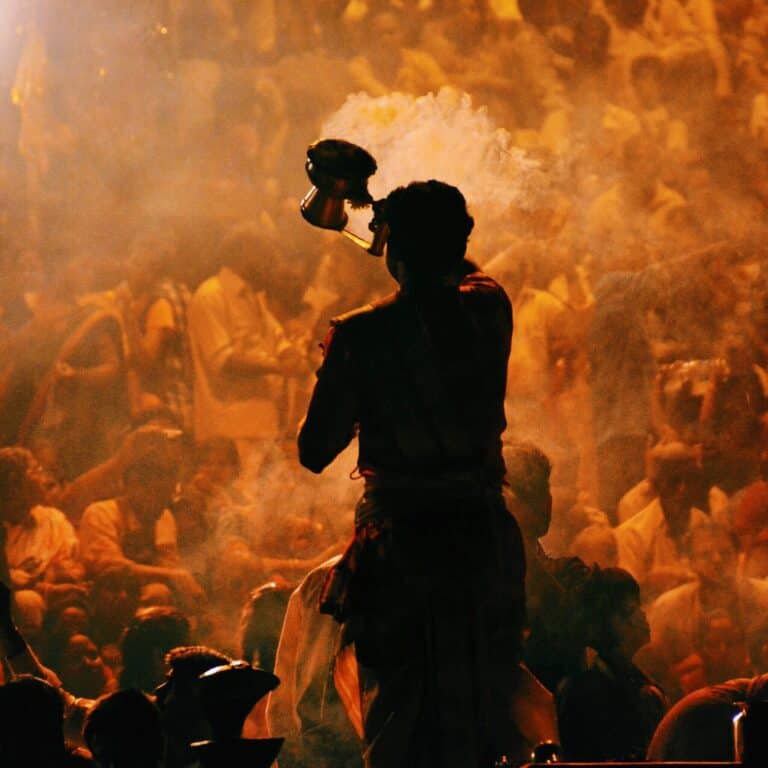Why is Bhutan the Happiest Country in the World?
Bhutan is often called the “happiest country in the world” due to its commitment to Gross National Happiness, which emphasizes the importance of spiritual and emotional well-being.
In South Asia, Bhutan is a small kingdom between India and China in the Himalayas. Because of its beautiful landscapes and mountainous terrain, Bhutan is sometimes referred to as the “Switzerland of Asia” on the Asia map. This unique country is renowned for its strong culture and the close-knit community of the Bhutanese people.
The people of Bhutan are known for their kindness, hospitality, and commitment to preserving their culture and environment. Bhutan is an excellent destination for those interested in learning more about Buddhism, as it is a significant aspect of the country’s identity.
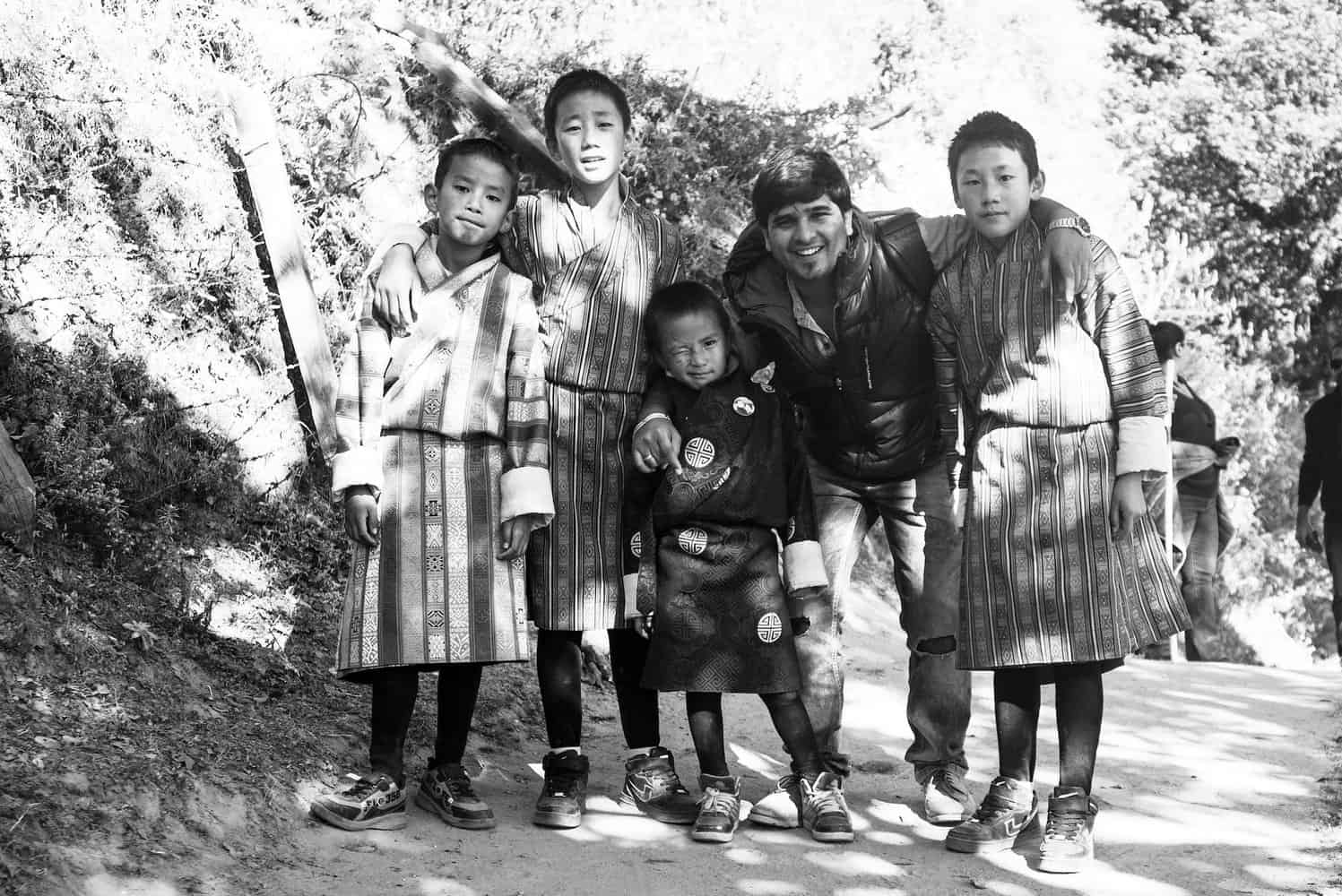
In fact, when examining Buddhism by country, Bhutan stands out for its deep spiritual practices and monastic traditions. Trekking through some of the world’s most beautiful mountains and exploring the unique culture of this small kingdom in the Himalayas is a rewarding experience.
Bhutan’s reputation as “the happiest place on Earth” is largely due to its Gross National Happiness Index. This index considers Bhutan a highly successful country based on the happiness of its citizens rather than just their income. The GNH model is built on the idea that a country’s success should be measured by its citizens’ quality of life, emphasizing well-being over economic growth.
However, the World Happiness Report ranks Bhutan 97th out of 156 countries, which raises questions about this perception. So why the huge divide in the ranking? It’s a complex issue, but Bhutan’s commitment to its country’s people’s well-being continues to inspire many worldwide.
This completely contradicts the nation’s grandiose statement of being the happiest country in the world. However, this could be due to its unique system of measuring happiness compared to Western standards.
The DailyBhutan blog stated that “The discrepancy in the results provided by the World Happiness Report and the GNH Survey lies in the criteria and methodology used to assess ‘Happiness.”
Let’s dive deeper and look at why / why not Bhutan may be the happiest country in the world.
Table of Contents
Why Could Bhutan be the Happiest Country in the World? (PROS)
Bhutan’s holistic approach to development emphasizes the importance of environmental conservation, protecting its unique culture and promoting health and happiness.
The government has implemented several policies that promote well-being and sustainability, such as free education, free healthcare and a ban on plastic bags.
ITS STUNNINGLY BEAUTIFUL
We are all aware of how beautiful surroundings impact our moods. Could the beauty of this magical ancient land be the secret to the locals’ happiness’?
Bhutan is home to dramatic and captivating landscapes, mountaintop monasteries, and a rich spiritual culture, all of which contribute to its overall happiness and life satisfaction.
HIGH ENVIRONMENTAL AWARENESS
In Bhutan, preserving the environment is not a law or rule but a way of life. The country’s happiness index highly values environmental conservation, and children are taught about its protection and basic farming skills in addition to mathematics and science.
Bhutan’s people believe that just as getting good grades is vital, teaching kids to be good people is also essential. Its “clean and green” appearance contributes to its stunning beauty.
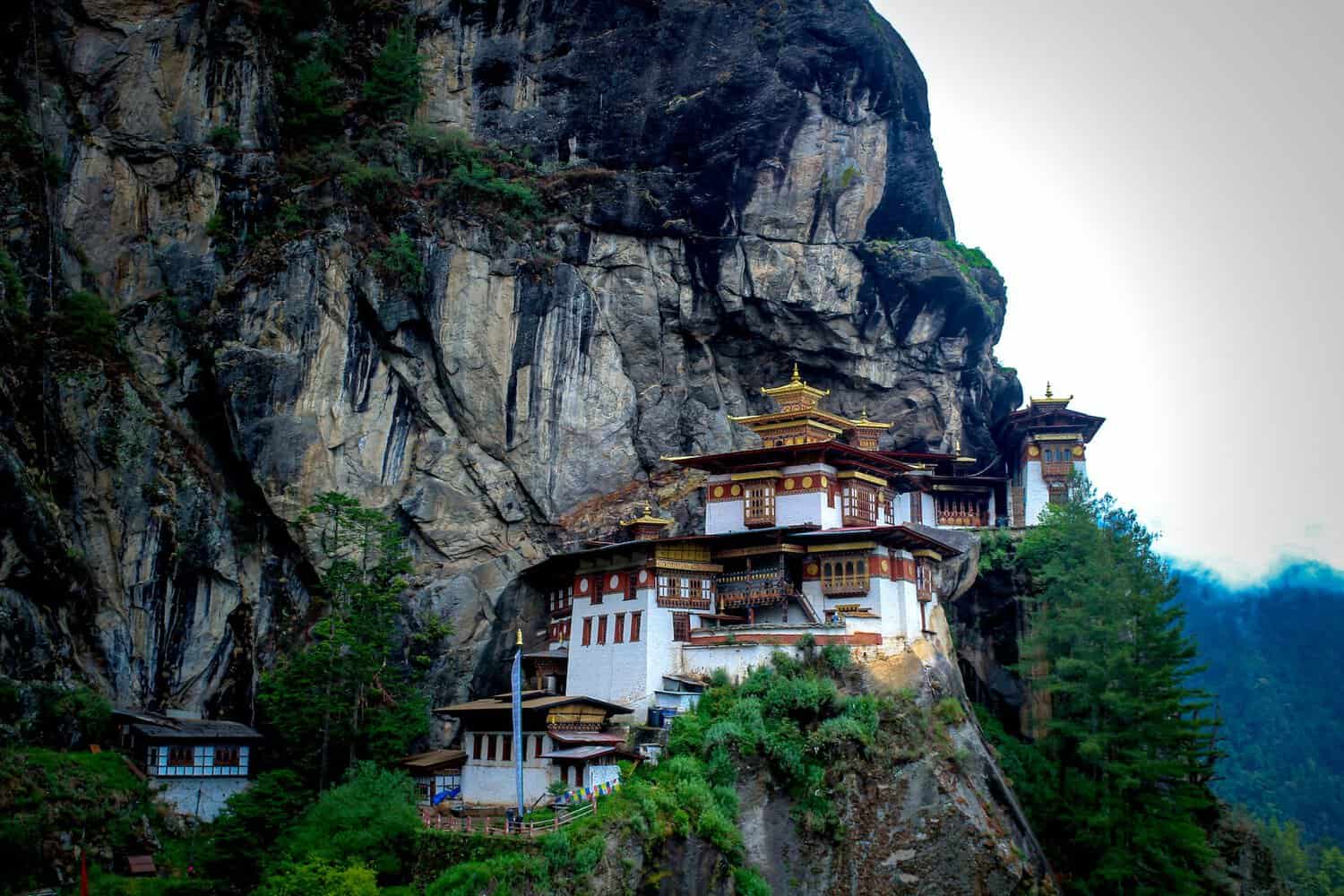
STRONG CULTURE
Bhutan, located in the Eastern Himalayas, is famous for its strong culture. This has been kept alive for hundreds of years. Buddhism is a big part of Bhutanese life, teaching people to be kind and compassionate.
In Bhutan, people respect their elders and take care of the environment. The Bhutan prince and his family also keep these traditions alive, which you can see on a happy world map.
Traditional Bhutanese clothing also reflects their culture. Their clothes are often brightly coloured and intricately patterned. Music and dance are also important aspects of Bhutanese culture, with traditional songs and dances usually performed at festivals and other special occasions.
LESS CONSUMERISM FOCUSED
The people of Bhutan, known to be happy with what they have, don’t care as much about having lots of things as people in other countries do. Their spiritual beliefs make them a great example of simple living and high thinking.
Bhutan Airlines started allowing tourists in the 1970s with a plane on the tarmac. Since then, they have kept their traditional culture. Could this be why Bhutan is the happiest country?
Bhutan has held onto its old traditions, and even though they no longer have a monarchy, the king and queen are still very loved by the people. The current king moved out of the royal palace to encourage tourism and now lives in a simple cottage near the palace.
Since the government started promoting tourism in 1972, Bhutan has become one of the most popular vacation spots in the world. The people of Bhutan are happy with what they have and have kept their traditional values, making them less focused on material things than other countries.
THEY DO NOT FEAR DEATH
The Bhutanese have a unique relationship with death that differs from other cultures. They are believed to think of death at least five times a day, which is quite a lot compared to others. They accept death as a part of life and use it as a tool to make meaningful decisions.
Bhutanese view death as a source of motivation and inspiration. They believe that contemplating death stops them from being held back by external expectations and helps them to solve problems. Research confirms that reflecting on death can direct people’s attention to life’s positive aspects.
The GNH Model (Gross National Happiness)
In 2008, Bhutan started using the Gross National Happiness (GNH) model, created by the fourth king of Bhutan, Jigme Singye Wangchuck. This model tries to measure how happy and well-off people are in Bhutan. It is based on four important ideas:
- Keeping the economy strong and sustainable
- Protecting and celebrating cultural traditions
- Taking care of the environment
- Having good leadership and government
According to the 2022 GNH Index, Bhutan’s happiness score went up to 0.781, a 3.3% increase since 2015. This shows that the people of Bhutan are becoming happier, even with tough times like the COVID-19 pandemic.
The survey found that 9.5% of people in Bhutan are “deeply happy,” and 38.6% are “extensively happy.” This is a big jump from before, with more people feeling happy now.
The GNH model looks at how much people have and how happy they feel. It helps promote happiness and well-being by encouraging fairness, trust, and respect.
The government is also encouraged to invest in education and healthcare to improve people’s lives. This model has inspired other countries and is seen as a model for progress.
NO TRAFFIC OR HOMELESSNESS:
Bhutan is known as one of the happiest countries in the world for several reasons. One of these reasons is that there are no traffic lights in Bhutan, so people drive very carefully and follow the rules. This is different from many other countries, where people sometimes ignore traffic rules.
Another reason is that Bhutan has no beggars or homeless people. The country has a unique system where people who lose their land are given a new piece to farm and make a living.
FREE EDUCATION FOR KIDS:
In Bhutan, the government ensures that all children can go to school for free up to the 10th grade. This means that children learn important subjects like their local language and English. Learning these helps them keep their culture alive and prepares them to compete with kids from other countries.
A long time ago, in 1999, Bhutan did not allow television or the internet. This helped them avoid outside influences and kept their culture strong. By doing this, they could focus on their traditions and way of life.
NO SMOKERS:
In Bhutan, smoking is not allowed in public places. The government has very strict rules about tobacco. If someone wants to bring cigarettes into the country, they need special permission and have to pay a big fee. This helps keep the air clean and people healthy, which makes Bhutan a happy place to live.
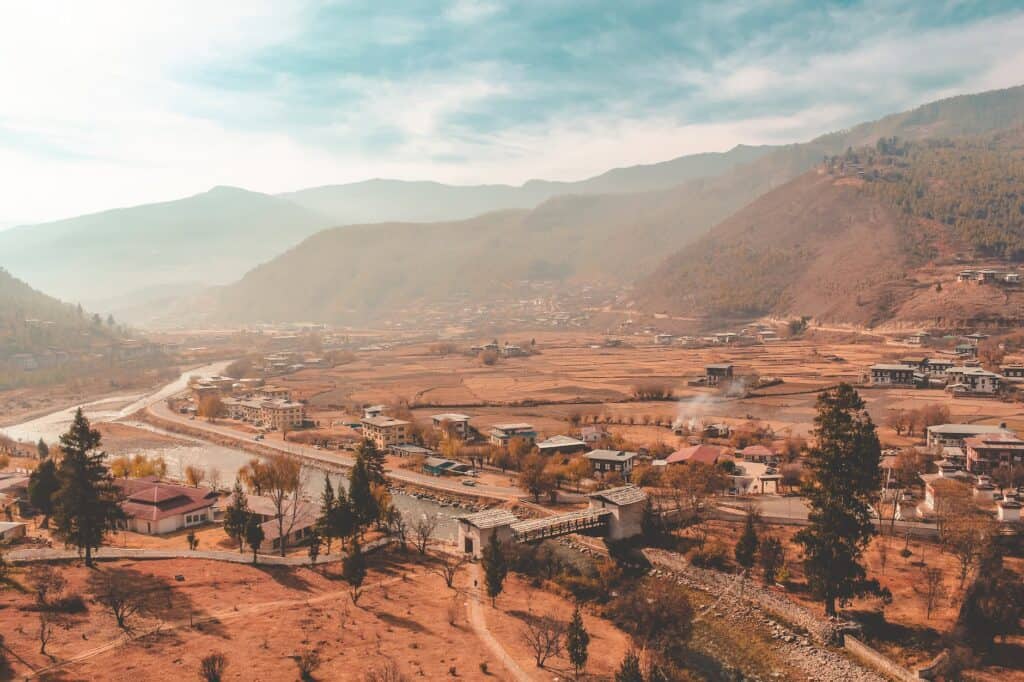
FREE HEALTHCARE
In Bhutan, healthcare is accessible to all citizens through a publicly funded system. This includes services ranging from primary care to advanced treatments. The government’s commitment to universal health care ensures that residents receive medical attention without financial burden.
Bhutan’s healthcare infrastructure includes district hospitals, primary health units, and outreach clinics, making services accessible even in remote areas. The focus on preventive care, alongside traditional medicine, reflects Bhutan’s holistic approach to health.
Despite challenges such as resource limitations and geographic barriers, Bhutan’s healthcare system is praised for its equity and inclusivity, contributing to the nation’s overall well-being and Gross National Happiness.
SUMMARY & FINER DETAILS:
- Bhutan is the only country which measures its growth by happiness
- There are no beggars or homeless people in Bhutan
- It is the only Carbon Negative country in the world
- Plastic bags are banned for ecological reasons
- The people of Bhutan prioritize simple living over TV, radio, or the internet. Fifty per cent of the country is protected as a national park.
- The gap between everyday people and royalty is relatively small
- Bhutan has less pollution than most countries.
- The constitution requires at least sixty per cent of the land area to be kept under forest cover.
- Bhutan is the world’s first wholly organic nation.
- There are no traffic light posts in the entire country. To celebrate the birth of the king and queen’s first son, the people of Bhutan planted 108,000 trees across the nation.
- In Bhutan, nobody is allowed to kill any animals, not even a mosquito.
BHUTAN HAPPIEST COUNTRY (CONTRADICTIONS)
Bhutan may be one of the most beautiful countries in the world. Nestled into the tourist hotspots of the Eastern Himalayas, it does, like all things, have some negatives.
Bhutan is an undeveloped country compared to others. It lacks good infrastructure and has few natural resources. Bare necessities such as electricity and running water are often unavailable, leading to poor living conditions in many parts of the country.
Bhutan is an isolated country with limited contact with the outside world. This can make it difficult for people to access education, healthcare, and other social opportunities. It’s economy is reliant on hydropower, which brings its own set of problems, including negative impacts on the environment.
Does the answer lie in the contradictions between the statements made about Bhutan becoming one of the happiest countries in the world? The answer to whether Bhutan can become one of the happiest countries in the world lies in examining the contradictions between the statements made in its creation.
Conclusion
So, is Bhutan the happiest country? It is difficult to answer this question definitively. It highly depends on HOW you score happiness. Isn’t happiness a unique experience for a nation or individual based on their preferences for life?
Can a questionnaire or averages accurately document the world’s happiness? It is important to note that this index is subjective and based on various factors, including environmental, physical, mental, and spiritual health.
Ultimately, the level of happiness in Bhutan is likely to depend on the individual. Despite being one of the most Buddhist countries in the world, with its rich cultural heritage centred around the Bhutan Buddha and traditions, Bhutan still faces challenges. The economy, for instance, while growing, still has a relatively low GDP compared to other nations.
Interestingly, despite its peaceful image, Bhutan has been called the saddest country in the world in some contexts, which raises questions about the subjective nature of happiness indices.
Bhutan is a small nation, which influences its economic and social dynamics. Understanding these nuances is crucial in evaluating whether Bhutan truly is the happiest country in the world.
Is Bhutan an excellent place to travel?
Bhutan is a one-of-a-kind destination. It is a mystical Himalayan kingdom with a unique Buddhist culture that has embraced modern developments. Its alluring aura of mystery and magic make it an extraordinary place.
Low-volume, High-value Tourism:
Bhutan is renowned for adhering to the philosophy of Gross National Happiness and has a unique approach to sustainable tourism.
Furthermore, visitors can plan their itinerary and travel in small groups. Low-volume, high-value tourism is the Bhutanese way of preserving their culture and environment, and independent budget travel is not an option.
Expense:
With a minimum tariff of US$250 per day, many see it as an expensive destination; however, this fee includes accommodation, food, transport and an official guide, making the cost more reasonable.
It is a Highly Unique Destination:
Buddhism deeply embeds Bhutan’s culture, and its cuisine features chillies as the main ingredient. Monks check their smartphones, while giant protective penises adorn the walls, combining the traditional with the contemporary.
The Bhutanese make an intriguing and exciting destination with their well-educated, enjoyable company and knowledge of the outside world.
FAQs:
1. Where is Bhutan on a map of Asia?
Bhutan is a landlocked country in the Eastern Himalayas, between China to the north and India to the south. It is a small kingdom known for its picturesque landscapes and unique culture. On a map of Asia, Bhutan is located near the northeastern part of India.
2. What makes Bhutan the happiest country in Asia?
Bhutan is often referred to as the happiest country in Asia due to its emphasis on Gross National Happiness (GNH) over Gross Domestic Product (GDP). The country’s focus on sustainable development, preservation of culture, and environmental conservation contributes to its high levels of happiness among its citizens.
3. How does Bhutan’s GNH index contribute to its happiness?
Bhutan’s GNH index measures the country’s progress through nine domains: psychological well-being, health, education, and good governance. This holistic approach ensures a balanced and inclusive development, making Bhutan a model for countries worldwide in promoting happiness and well-being.
4. What role does Buddhism by country play in Bhutan’s happiness?
Bhutan is predominantly a Buddhist country, and Buddhism plays a crucial role in its culture and daily life. The principles of Buddhism, such as compassion, mindfulness, and contentment, deeply influence the lifestyle and outlook of Bhutanese people, contributing significantly to the country’s overall happiness.
5. What is Bhutan known for in terms of happiness?
Bhutan is known for its unique approach to development, prioritizing Gross National Happiness (GNH) over economic growth. This philosophy emphasizes the well-being of its citizens, environmental sustainability, and cultural preservation, making it a standout example of how happiness can be integrated into national policy.
6. How does the happiness map of the world feature Bhutan?
On the world happiness map, Bhutan stands out as a pioneer in prioritizing its people’s happiness. The country’s innovative Gross National Happiness (GNH) index has garnered international recognition, highlighting Bhutan as a leading example of a nation that values well-being over mere economic success.
Did you like this Blog? Read more on soulful travel here…like our UK Pilgrimage Routes or more travel routes like our Cambodia, Thailand and Laos blogs!
- The Gunung Padang Megalithic Site: Uncovering New Depths of History
 The fascinating UNESCO World Heritage Gunung Padang Megalithic Site stands as an enigmatic relic of a bygone era, shrouded in mystery…
The fascinating UNESCO World Heritage Gunung Padang Megalithic Site stands as an enigmatic relic of a bygone era, shrouded in mystery… - Best Pilgrimage Routes in Europe: 31 Wonderful Journeys of Faith
 Want to embark on some Life-Changing Pilgrimage Routes in Europe? We have 31 show-stopping trials to inspire you today. Amid our…
Want to embark on some Life-Changing Pilgrimage Routes in Europe? We have 31 show-stopping trials to inspire you today. Amid our… - Best Spiritual Tours in Nepal: The Most Epic, Beautiful and Life-Changing Tours!
 Embarking on a spiritual tour in Nepal promises a profound and transformative journey. When I visited the Everest region for one…
Embarking on a spiritual tour in Nepal promises a profound and transformative journey. When I visited the Everest region for one… - The Best Sustainable Eco-Tourism Places to Stay in Mexico 2024 – Beautiful & Unique Stays
 Looking for the Best Eco-Tourism Places to Stay in Mexico? Well, we have got you covered. The quest for sustainable travel…
Looking for the Best Eco-Tourism Places to Stay in Mexico? Well, we have got you covered. The quest for sustainable travel… - How To Plan an Epic Budget-Friendly Trip to Southeast Asia
 Are you looking for tips on how to plan a budget-friendly trip to Southeast Asia? We’ve got you covered. Budget travel…
Are you looking for tips on how to plan a budget-friendly trip to Southeast Asia? We’ve got you covered. Budget travel… - Sustainable Tourism Options in Mexico – An Implementation of Hope
 Are you wondering if there are sustainable tourism options in Mexico? Well, the answer is yes, absolutely! Mexico is forthcoming in…
Are you wondering if there are sustainable tourism options in Mexico? Well, the answer is yes, absolutely! Mexico is forthcoming in…

